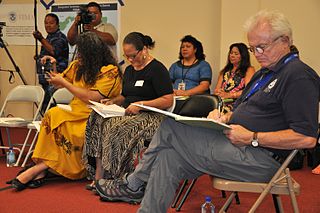
Public relations (PR) is the practice of managing and disseminating information from an individual or an organization to the public in order to influence their perception. Public relations and publicity differ in that PR is controlled internally, whereas publicity is not controlled and contributed by external parties. Public relations may include an organization or individual gaining exposure to their audiences using topics of public interest and news items that do not require direct payment. The exposure is mostly media-based, and this differentiates it from advertising as a form of marketing communications. Public relations aims to create or obtain coverage for clients for free, also known as earned media, rather than paying for marketing or advertising also known as paid media. But in the early 21st century, advertising is also a part of broader PR activities.

The civil rights movement was a social movement and campaign from 1954 to 1968 in the United States to abolish legalized racial segregation, discrimination, and disenfranchisement in the country. The movement had its origins in the Reconstruction era during the late 19th century and had its modern roots in the 1940s. After years of direct actions and grassroots protests, the movement made its largest legislative gains in the 1960s. The social movement's major nonviolent resistance and civil disobedience campaigns eventually secured new protections in federal law for the civil rights of all Americans. The social movement's span of time is called the civil rights era.
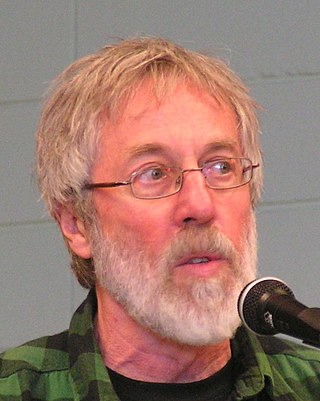
John Edward Zerzan is an American anarchist and primitivist author. His works criticize agricultural civilization as inherently oppressive, and advocates drawing upon the ways of life of hunter-gatherers as an inspiration for what a free society should look like. Subjects of his criticism include domestication and symbolic thought.

The Student Nonviolent Coordinating Committee was the principal channel of student commitment in the United States to the civil rights movement during the 1960s. Emerging in 1960 from the student-led sit-ins at segregated lunch counters in Greensboro, North Carolina, and Nashville, Tennessee, the Committee sought to coordinate and assist direct-action challenges to the civic segregation and political exclusion of African Americans. From 1962, with the support of the Voter Education Project, SNCC committed to the registration and mobilization of black voters in the Deep South. Affiliates such as the Mississippi Freedom Democratic Party and the Lowndes County Freedom Organization in Alabama also worked to increase the pressure on federal and state government to enforce constitutional protections.
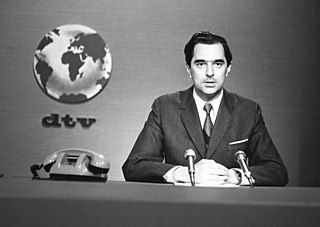
Media manipulation refers to orchestrated campaigns in which actors exploit the distinctive features of broadcasting mass communications or digital media platforms to mislead, misinform, or create a narrative that advance their interests and agendas.
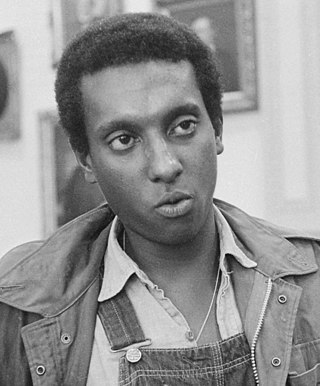
Kwame Ture was an American activist who played a major role in the civil rights movement in the United States and the global pan-African movement. Born in Trinidad in the Caribbean, he grew up in the United States from the age of 11 and became an activist while attending the Bronx High School of Science. He was a key leader in the development of the Black Power movement, first while leading the Student Nonviolent Coordinating Committee (SNCC), then as the "Honorary Prime Minister" of the Black Panther Party, and last as a leader of the All-African People's Revolutionary Party (A-APRP).

Andrew Ross, a Scottish-born social activist and analyst, is Professor of Social and Cultural Analysis at New York University (NYU). He has authored and edited numerous books, and written for The New York Times, The Guardian, The Nation, Newsweek, and Al Jazeera. Much of his writing focuses on labor, the urban environment, and the organisation of work, from the Western world of business and high-technology to conditions of offshore labour in the Global South. Making use of social theory as well as ethnography, his writing questions the human and environmental cost of economic growth.
Claus Offe is a German political sociologist of Marxist orientation.

Doris Adelaide Derby was an American activist and documentary photographer. She was the adjunct associate professor of anthropology at Georgia State University and the founding director of their Office of African-American Student Services and Programs. She was active in the Mississippi civil rights movement, and her work discusses the themes of race and African-American identity. She was a working member of the Student Nonviolent Coordinating Committee (SNCC) and co-founder of the Free Southern Theater. Her photography has been exhibited internationally. Two of her photographs were published in Hands on the Freedom Plow: Personal Accounts by Women in SNCC, to which she also contributed an essay about her experiences in the Mississippi civil rights movement.

Siva Vaidhyanathan is an American cultural historian and media scholar, and the Robertson professor of Media Studies at the University of Virginia. Vaidhyanathan is a permanent columnist at The Guardian and Slate; he is also a frequent contributor on media and cultural issues in various periodicals including The Chronicle of Higher Education, New York Times Magazine, The Nation, Slate, and The Baffler. He directs the Center for Media and Citizenship at the University of Virginia, which produces a television show, a radio program, several podcasts, and the Virginia Quarterly Review.
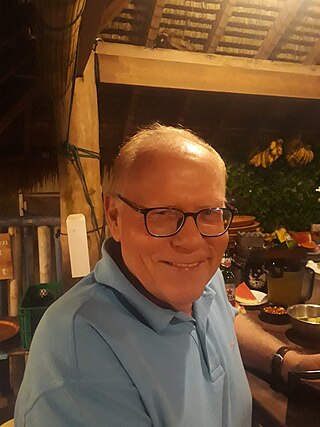
Gilbert H. Herdt is Emeritus Professor of Human Sexuality Studies and Anthropology and a Founder of the Department of Sexuality Studies and National Sexuality Resource Center at San Francisco State University. He founded the Summer Institute on Sexuality and Society at the University of Amsterdam (1996). He founded the PhD Program in Human Sexuality at the California Institute for Integral Studies, San Francisco (2013). He conducted long term field work among the Sambia people of Papua New Guinea, and has written widely on the nature and variation in human sexual expression in Papua New Guinea, Melanesia, and across culture.
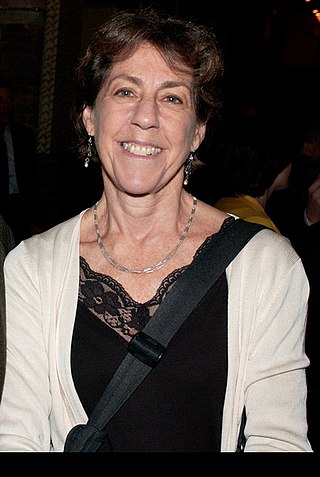
Marjorie Heins is a First Amendment lawyer, writer and founder of the Free Expression Policy Project.
Frances M. Beal, also known as Fran Beal, is a Black feminist and a peace and justice political activist. Her focus has predominantly been regarding women's rights, racial justice, anti-war and peace work, as well as international solidarity. Beal was a founding member of the SNCC Black Women's Liberation Committee, which later evolved into the Third World Women's Alliance. She is most widely known for her publication, “Double Jeopardy: To Be Black and Female", which theorizes the intersection of oppression between race, class, and gender. Beal currently lives in Oakland, California.
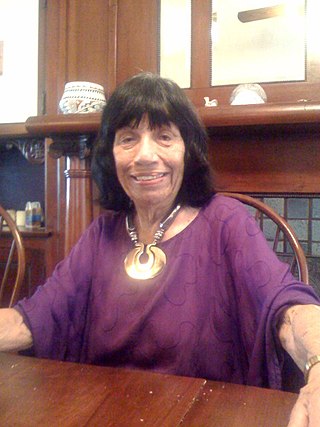
Elizabeth "Betita" Martínez was an American Chicana feminist and a long-time community organizer, activist, author, and educator. She wrote numerous books and articles on different topics relating to social movements in the Americas. Her best-known work is the bilingual 500 years of Chicano History in Pictures, which later formed the basis for the educational video ¡Viva la Causa! 500 Years of Chicano History. Her work was hailed by Angela Y. Davis as comprising "one of the most important living histories of progressive activism in the contemporary era ... [Martínez is] inimitable ... irrepressible ... indefatigable."
Most textbooks date the establishment of the "Publicity Bureau" in 1900 as the start of the modern public relations (PR) profession. Of course, there were many early forms of public influence and communications management in history. Basil Clarke is considered the founder of the PR profession in Britain with his establishment of Editorial Services in 1924. Academic Noel Turnball points out that systematic PR was employed in Britain first by religious evangelicals and Victorian reformers, especially opponents of slavery. In each case the early promoters focused on their particular movement and were not for hire more generally.
The following events related to sociology occurred in the 1970s.
Lawrence M. Mead III is a professor of politics and public policy at New York University (NYU).

Freedom of Expression® is a book written by Kembrew McLeod about freedom of speech issues involving concepts of intellectual property. The book was first published in 2005 by Doubleday as Freedom of Expression®: Overzealous Copyright Bozos and Other Enemies of Creativity, and in 2007 by University of Minnesota Press as Freedom of Expression®: Resistance and Repression in the Age of Intellectual Property. The paperback edition includes a foreword by Lawrence Lessig. The author recounts a history of the use of counter-cultural artistry, illegal art, and the use of copyrighted works in art as a form of fair use and creative expression. The book encourages the reader to continue such uses in art and other forms of creative expression.
This is a bibliography of advertising.
Elizabeth Ewen was a scholar of women's history, immigration, and film. She was among the first feminist historians to write about early American cinema. Ewen was a professor of American Studies at the State University of New York at Old Westbury (SUNY).













